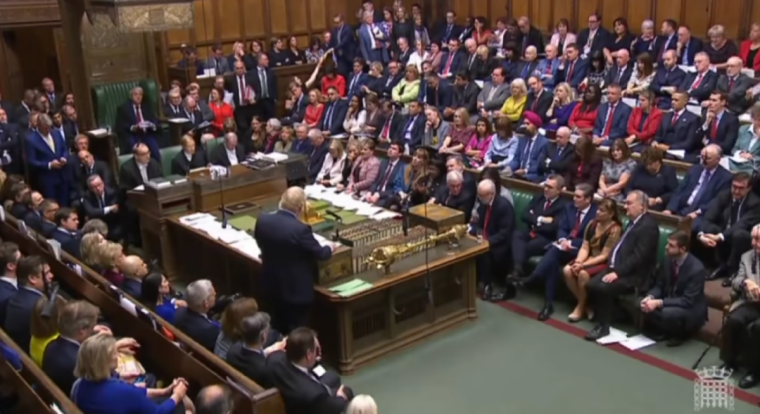Christians condemn 'reckless' cuts to foreign aid

Christians have expressed disappointment after the government won a vote in the Commons to keep international development spending at 0.5% of national income.
The government secured the vote on Tuesday by 333 votes to 298 despite a rebellion by Tory MPs.
It means that a 'double lock' will now be in place, with spending only returning to 0.7% of GDP if the Office for Budget Responsibility (OBR) believes the UK is not borrowing to finance day-to-day spending, and underlying debt is falling.
The Bishop of Worcester, Dr John Inge, the Church of England's lead bishop for international development, said there was a risk of the cut becoming "permanent".
He said it was "not right that the world's poorest should be the only ones to suffer from a reduction in spending following the pandemic."
"I am very disappointed that Parliament has not seen fit to honour this country's laudable promise, enshrined in law, to devote 0.7% of GNI to aid," he said.
"The commitment was one of which the Conservative party could be proud and I hope it will be restored very soon.
"It is a matter of some concern that the criteria which the Government has now set out for a return to 0.7% are so stringent that it risks making permanent rather than temporary the reduction in our overseas development."
Pete Moorey, Christian Aid's head of UK advocacy and campaigns, called it a "reckless" vote that will "decimate aid for years to come".
"It beggars belief that, in the middle of a global pandemic with extreme poverty rising, we are turning our backs on the poorest and most vulnerable people in the world," he said.
"Rather than listening to current and former Archbishops, Cardinals and church leaders across the UK, this last minute vote speaks of a government trying to escape its responsibilities to the world's poorest people."
He added that the decision would "do untold damage to Britain's standing and reputation at home and abroad".
"We will continue to oppose these cuts. Now more than ever, the UK should be leading the way in tackling crises such as climate change, Covid, and conflict that are affecting so many of the world's poorest communities," he said.











